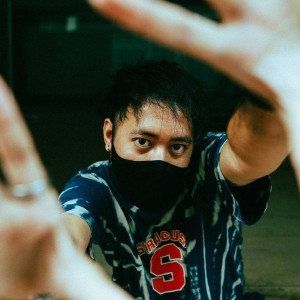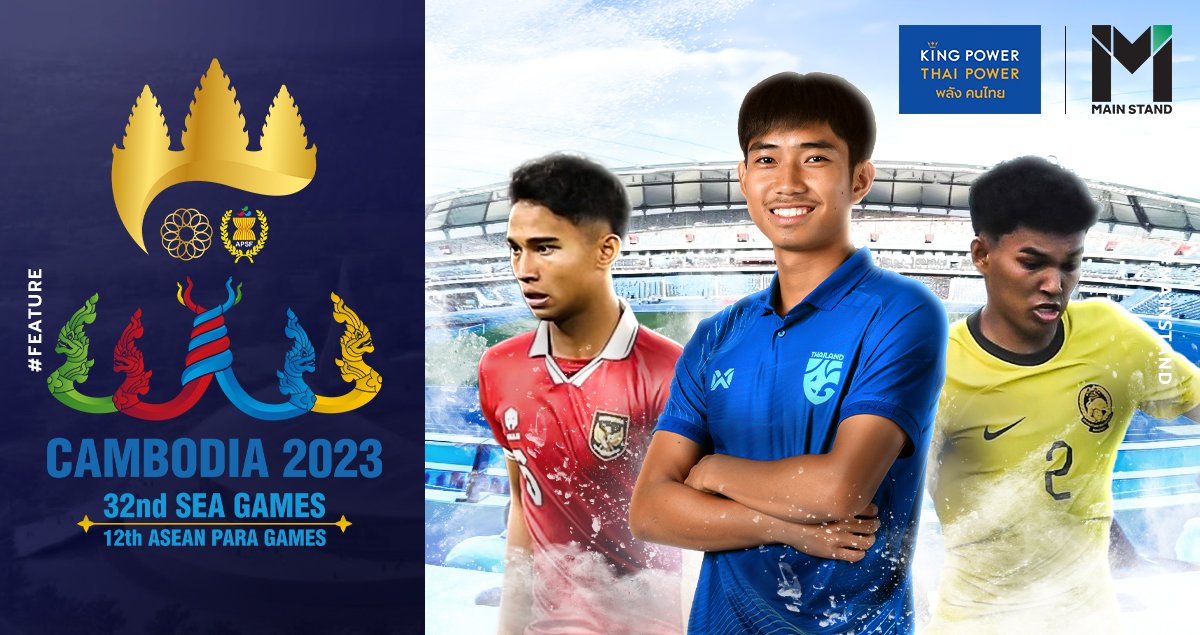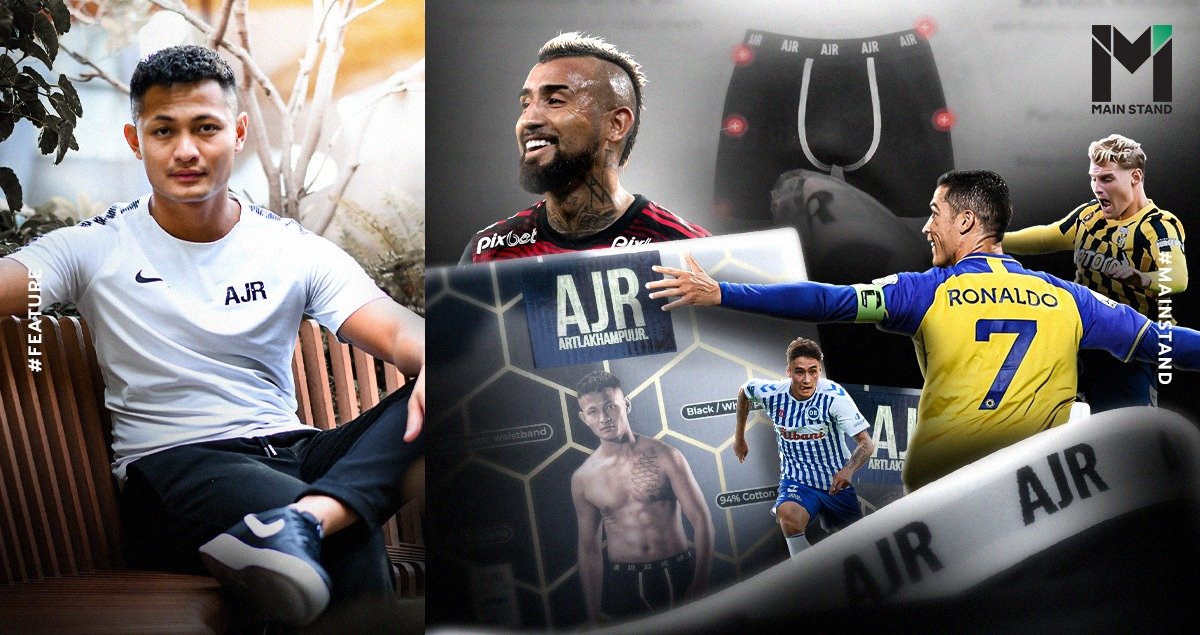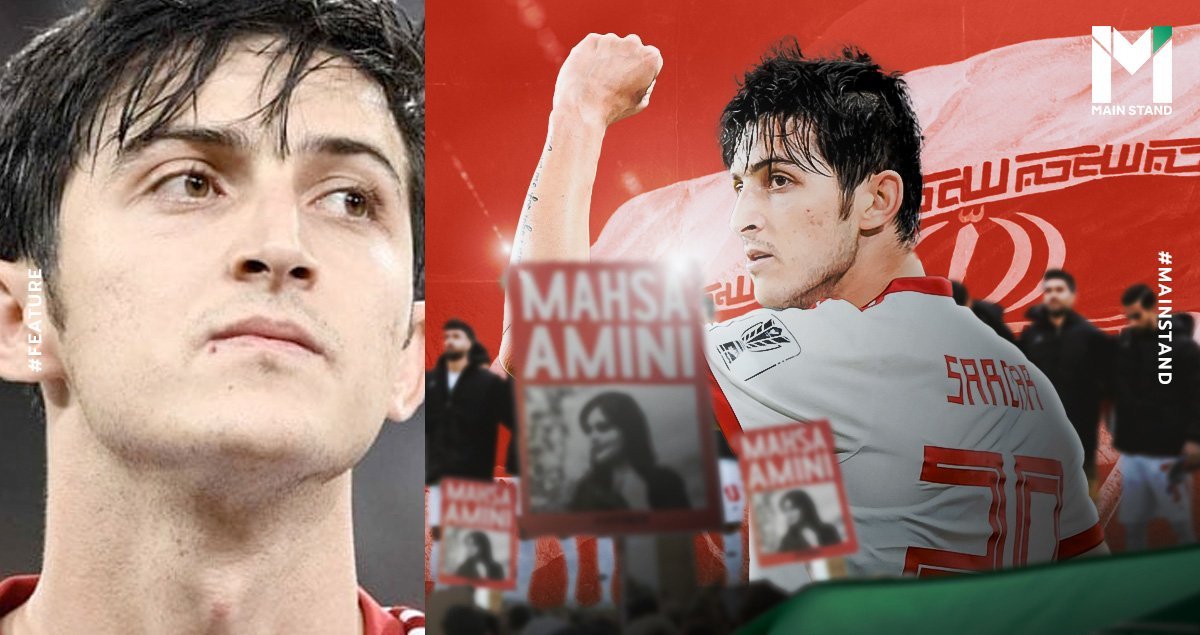
The past months have seen significant unrest in Iran after the death in custody of Mahsa Amini, arrested on September 13 on suspicion of violating the strict law that requires women to cover their hair with a hijab.
There have been widespread protests, and before Iran's match in Austria leading up to the 2022 World Cup, the national team made their anger visible by wearing black jackets when the teams lined up for the anthem, concealing their country's colors and badges.
Sardar Azmoun, the best Iranian footballer in two decades, too expressed his standpoint on the repression of women in the nation, declaring he backs protesters for women's rights.
Main Stand digs deeper into his drive to score for the Iranian women.
The status of women in Iranian society
In Islamic countries, women must adhere to more restrictive rules and propriety than in other societies. As an outsider, you might view those standards of behavior as a form of deprivation of rights.
With those 'laws' being practiced for generations, people had no objection.
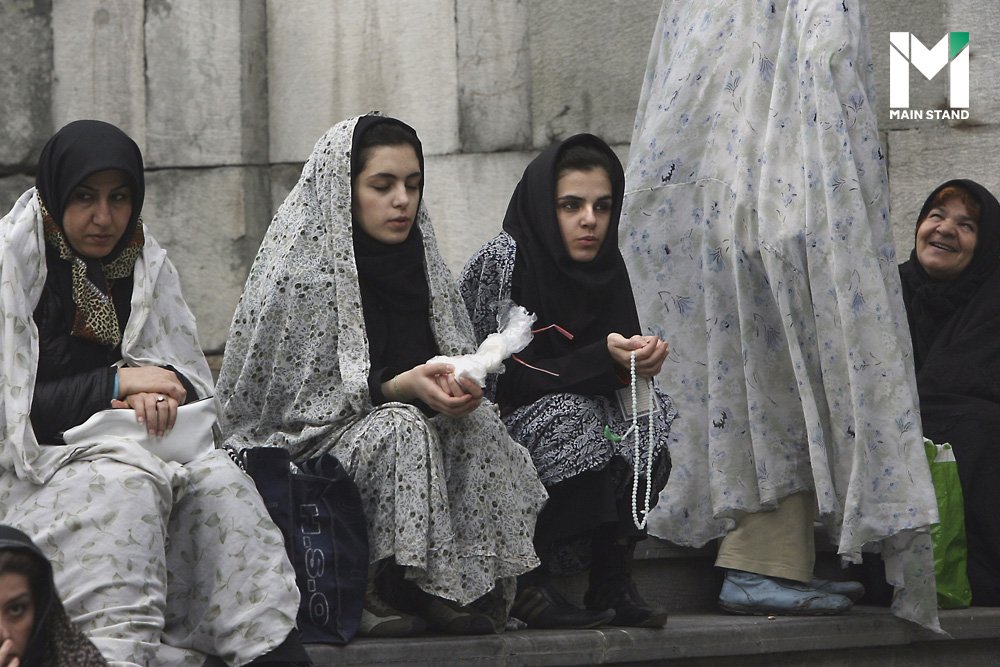
But the world is made smaller. So Iranian women started to be aware of what was happening in other countries, which made them change their thinking.
It all began in the 1940s, during the reign of Mohammad Reza Pahlavi. The Shah of Iran applied many Western cultures to Iran society, so women's code of conduct was not very rigid during his reign. Women were allowed to do many things. For example, the ruler believed people, regardless of gender, should receive education as it was instrumental in the country's progress.
Additionally, Iranian women were not required to wear hijabs (Islamic headscarves). Instead, they were allowed to hold their hands with their male partners or drape their arms around their boyfriends' necks or shoulders in public. Also, salons, women's clothes shops and jewelry shops were ubiquitous.
Women were also permitted to go to watch football games. All this showed how much freedom brought them happiness in life.
Unfortunately, there were abrupt changes in the late 1970s due to the Iranian Revolution, also known as the Islamic Revolution. Religious leader Ayatollah Ruhollah Khomeini attempted to overthrow the Shah, claiming that the king corrupted Iranian culture and failed to contribute to lower-class people in Iran.
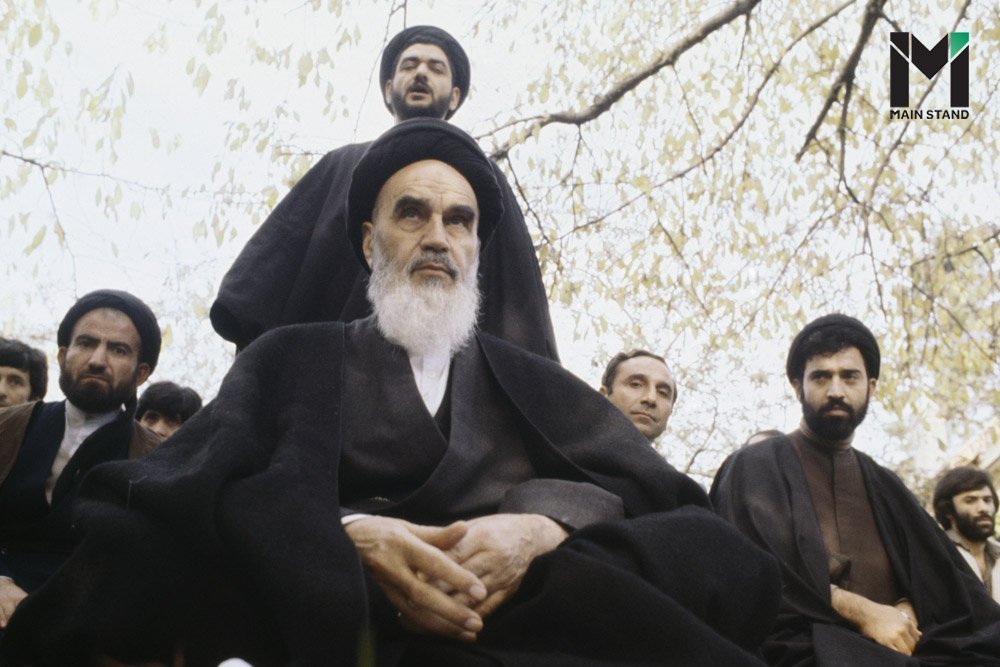
In 1979, the Islamic Revolution came to fruition as Khomeini managed to take the Shah down and abolish the previously-established regime. As a result, Islamic laws were introduced, changing Iranian women's lives forever.
Although Khomeini was no longer in power, restrictions on women's rights persisted. Nevertheless, women in Iran have been demanding their rights.
One woman who did that was Mahsa Amini, an Iranian woman who believed women should stand up for themselves and terminate unjust laws.
She tore off the compulsory hijab, which marked the beginning of the uprising. Unfortunately, she was arrested and hurt by the morality police or Islamic religious police. Amini suffered a severe injury to the head and passed away a few days later.
Mahsa Amini's death triggered a protest from women nationwide. This is not the first time women demanded their rights, but it is the first time a renowned man in the Islamic Republic expressed his solidarity with women to demand women's rights.
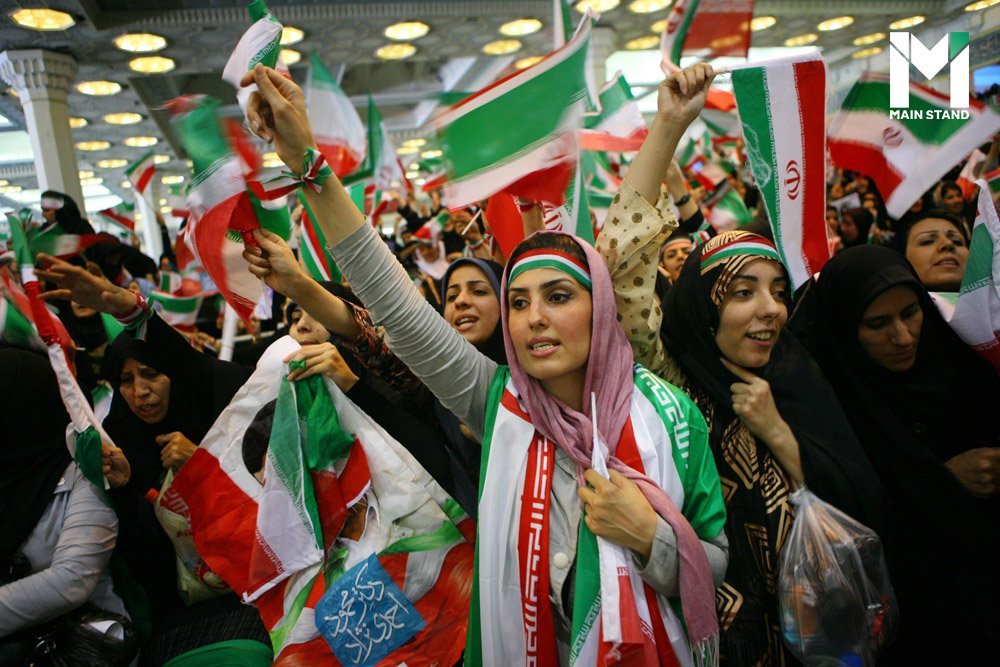
Sardar Azmoun, also called the Iranian Messi, expressed his anger towards women's oppression in Iran, stating that he insists on supporting protesters. He did so in full awareness he could be sacked from the national team and disqualified for the 2022 World Cup.
A footballer who is aware of women's rights
Azmoun grew up in a world different from Iran. He first played football in Europe when he was only 17 and subsequently played for Rubin Kazan, Rostov and Zenit Saint Petersburg before ending up with Bayer Leverkusen.

Since Azmoun left Iran in 2013, he has spent most of his time in Europe. This explains why he embraces Western perspectives and prioritizes fundamental rights, liberty and privacy.
Although a household name today, Azmoun received severe criticism from fans for Iran's performance in the 2018 World Cup. Fans even threatened to kill him and his mother.
Despite netting 11 goals in 14 World Cup qualifiers and still getting treated like he did, Azmoun said he would no longer play for the national team.
His decision to quit the national squad left Iranian fans in shock. They never thought the nation's best player would unexpectedly declare his resignation from the national team until the association needed to beg him to return.
His resolute call to quit football proved his decisiveness not only on personal issues. He dares to show his mutiny against what he doesn't buy and never cares how people think, including Amini's death.
The fight for women's rights
Azmoun's interest in women's rights grew because of his intimacy with his mother. He has always tried to care for his mother and wants her to have fundamental rights and freedom.

"My mother had overcome a severe illness, and I was happy, but unfortunately, because of the unkindness of some people and the insults that my teammates and I in no way deserved, her illness has become severe. That has put me in a difficult position where I must pick one or the other. And as a result, I picked my mother," Sardar Azmoun said in the 2018 World Cup.
After that issue, Amini's death in 2022 reignited Azmoun's resolution to stand up for women and express his wrath toward unfair laws against Iranian women. However, he did not say anything until a late September protest where the government killed over 80 protesters.
Azmoun revealed on his Instagram, "Because of the national team rules, we couldn't say anything until the (World Cup training) camp was over. But I couldn't bear it anymore. At worst, I'll be dismissed from the national team.
"No problem. I'd sacrifice that for one hair on the heads of Iranian women. This story (about Amini) will not be deleted. They can do whatever they want. Shame on you for killing so easily; long live Iranian women."
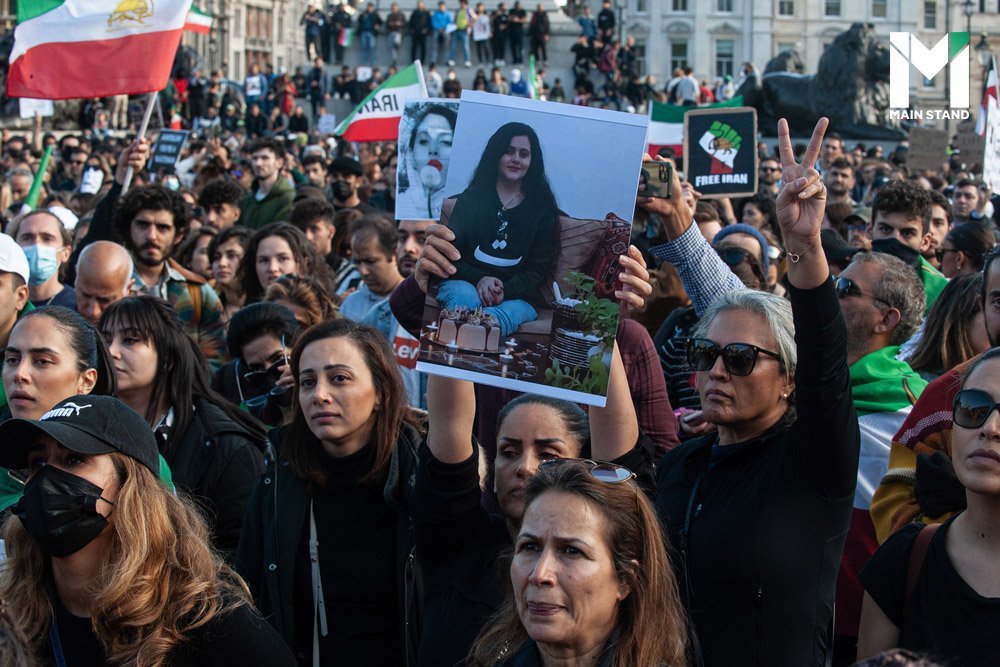
Also, Azmoun suggested Iranian national footballers wear black jackets with the Iran logo in a friendly against Senegal on September 27 as a symbolic expression of his stance against the violence.
Their daring act gained reactions from fans on social media. This is the message Azmoun tried to spread as he pledged his support for protesters.
The ongoing protest is expected to gain more attention from people and result in positive changes.

Azmoun became one of the nation's first public figures who positioned himself against the government. After the World Cup, he could be fired as a national player if he maintains his steadfast opposition to the government.
But he insisted, "No problem."
Sources:
https://indianexpress.com/article/sports/football/bayer-leverkusen-and-iran-footballer-sardar-azmoun-declares-support-for-protestors-8176641/
https://www.rferl.org/a/iran-munich-support-azmoun-protests/32060597.html
https://www.bbc.com/thai/international-47183853
https://www.mainstand.co.th/th/news/1/article/7402
https://iranwire.com/en/sports/107989-after-taking-a-stand-on-irans-protests-striker-sardar-azmouns-football-career-hangs-in-the-balance/
https://www.france24.com/en/live-news/20220918-iranian-woman-s-death-galvanises-critics-of-morality-police



